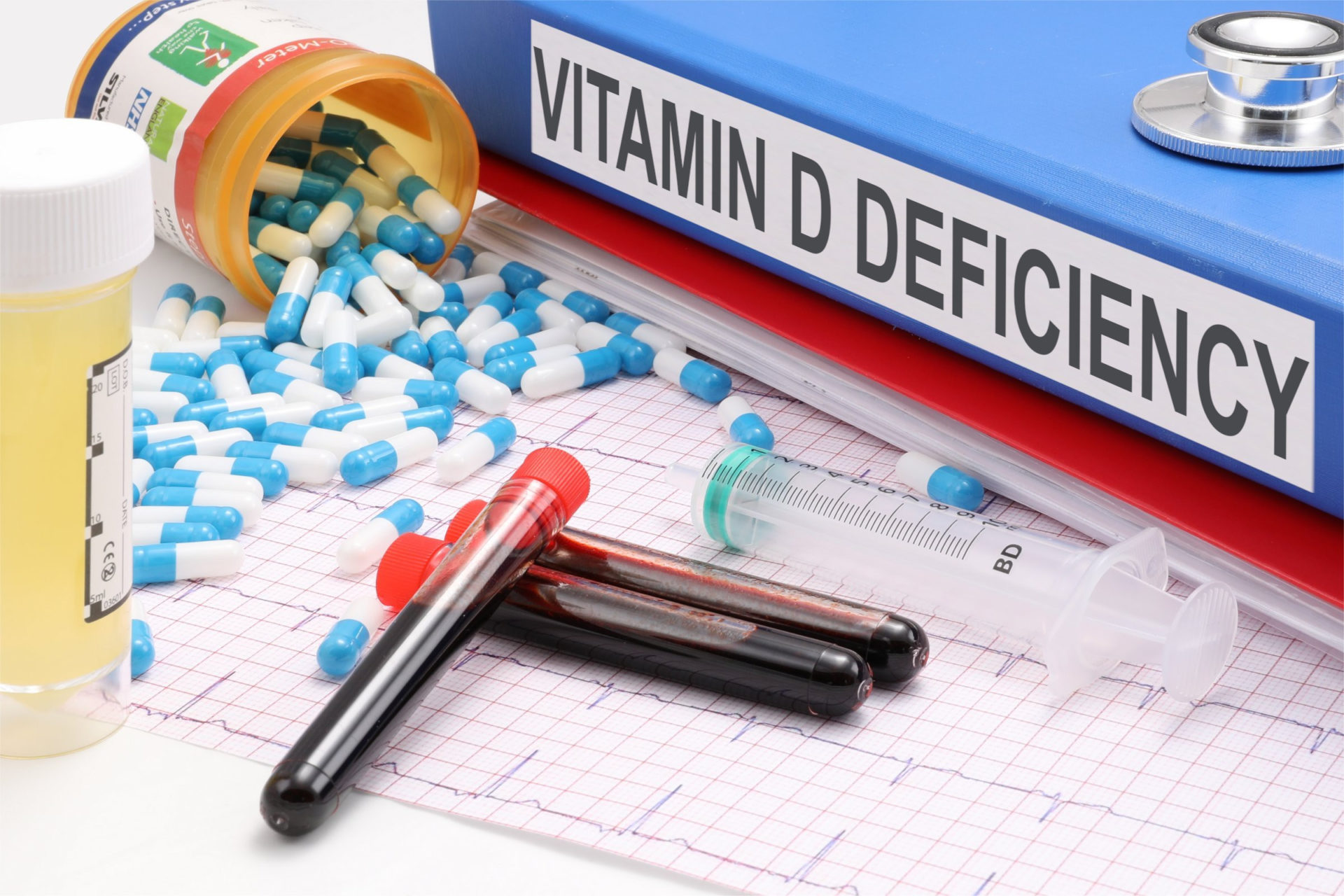
Up to 75% of American teens and adults are said to be deficient in vitamin D, but there is no agreement on what level constitutes deficiency. Claims for the health benefits of vitamin D supplements abound, from preventing dementia and cancer to reducing the risk of infections and heart disease.
A study of vitamin D and fish oil in The BMJ has been getting a lot of press, with claims that autoimmune disease can be prevented with dietary supplements and even a prediction that doctors may soon recommend vitamin D supplements for all adults over the age of 50. When I read the study, I wasn’t expecting much; I’ve become jaded from the many news reports that take a simple correlation and try to hype it as evidence of causation. This study didn’t make that mistake, but neither did it provide convincing evidence that everyone should start taking supplements.
The study
The study was a large, randomized, placebo-controlled evaluation of two supplements, vitamin D (cholecalciferol; 2,000 IU/day) and marine omega 3 fatty acids (1 g/day as a fish oil capsule containing 460 mg of eicosapentaenoic acid and 380 mg of docosahexaenoic acid), to assess their benefits and risks for the prevention of autoimmune disease. Patients self-reported new diagnoses of autoimmune diseases during the study, and these diagnoses were reviewed for accuracy by physicians.
Findings
Vitamin D supplementation for five years, with or without omega 3 fatty acids, reduced autoimmune disease by 22%, while omega 3 fatty acid supplementation with or without vitamin D reduced the autoimmune disease rate by 15% (not statistically significant).
Some caveats
Most participants were not deficient in vitamin D.
The dose of vitamin D was higher than the recommended daily level.
No benefit was seen for any individual autoimmune disease.
This study has not yet been confirmed by other independent research.
The relative risk reduction was 22%, the absolute risk reduction was much less. If vitamin D were being used to reduce the risk of autoimmune diseases, the number needed to treat would be expected to be high.
This was part of the VITAL study which involved 16 ancillary studies, most of which had negative results; since there was no statistical correction for multiple comparisons, one false positive result at the p=0.05 level could be expected.
Conclusion: still many unanswered questions
If vitamin D can help prevent autoimmune disease, we still don’t know who is most likely to benefit (only those with a deficiency of vitamin D?), or what dose they will need. More research will be needed to provide better guidance. Meanwhile, it seems obvious that the evidence doesn’t support giving it to everyone over a certain age. As is all too often the case, media enthusiasm outran the data.

